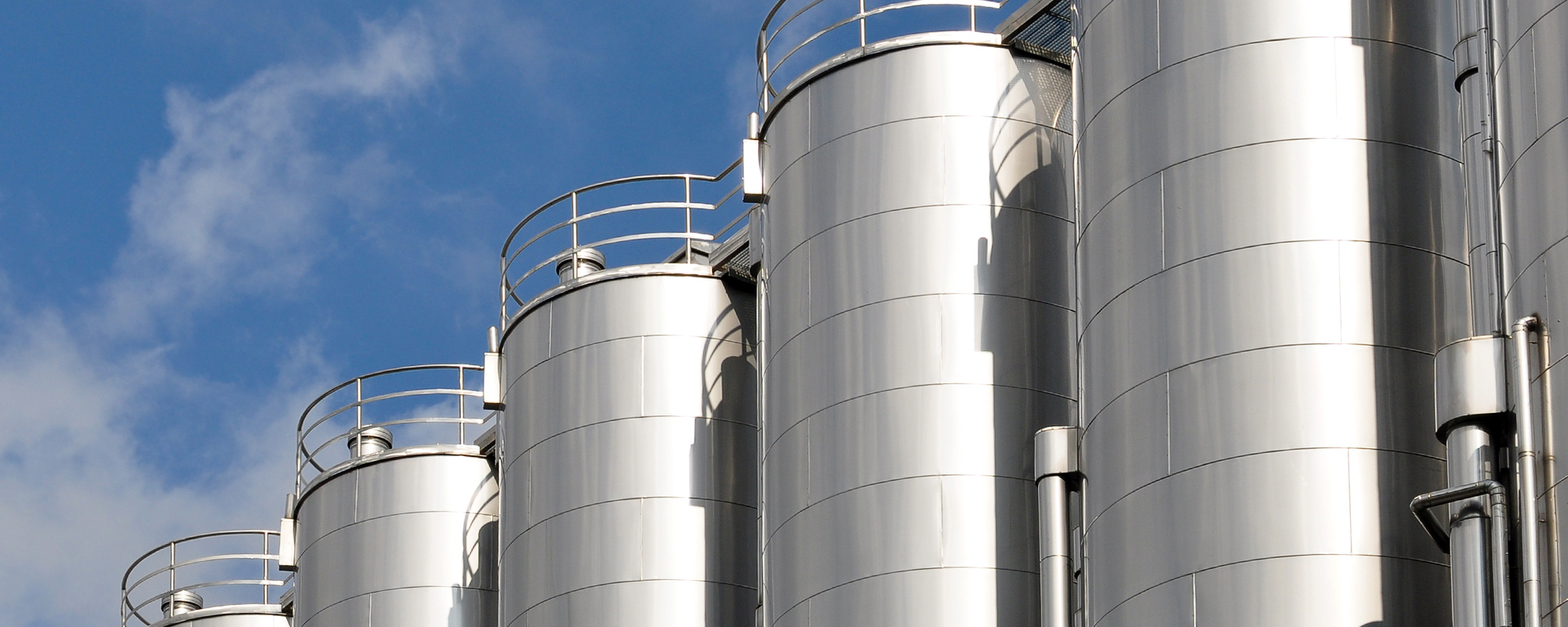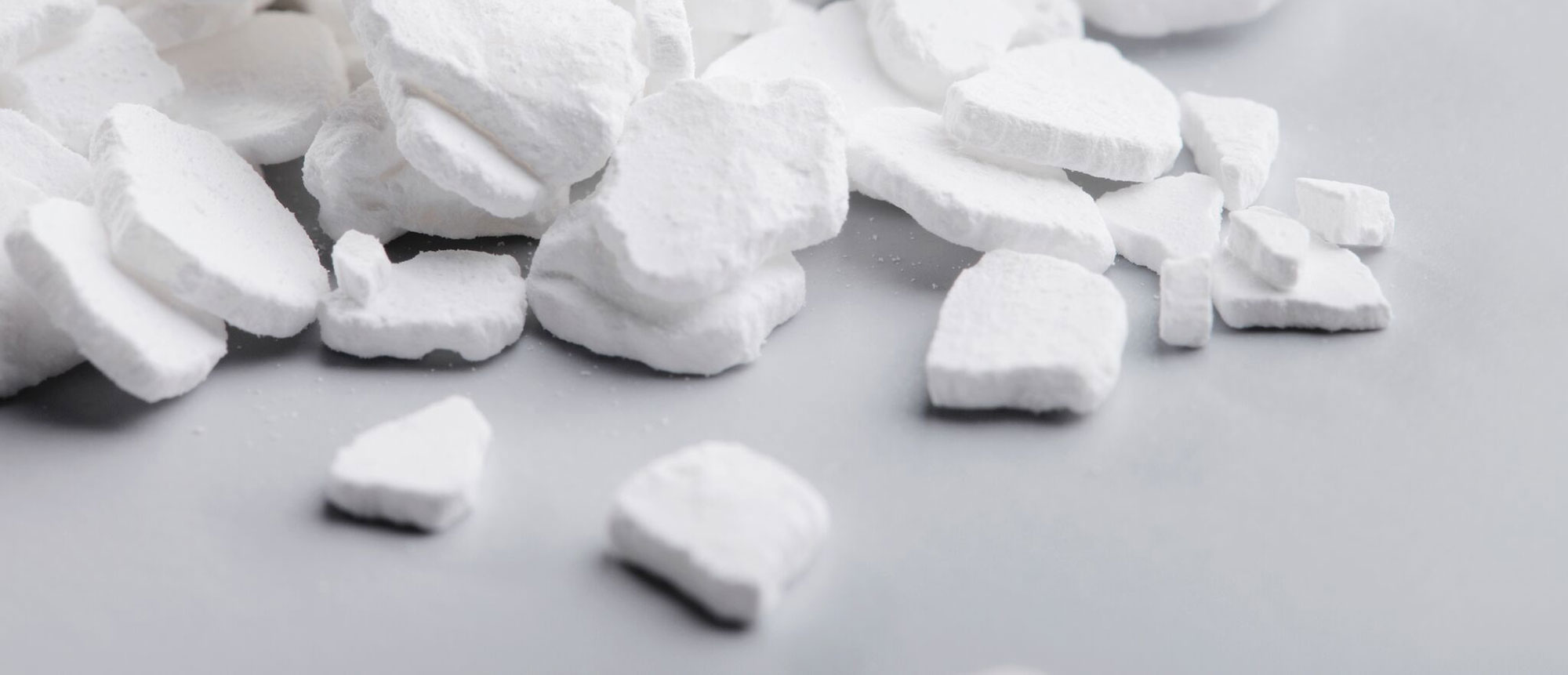
Food-grade calcium chloride is a food additive commonly used in food processing to provide specific functions and characteristics. Here is some relevant information:
1. Chemical Properties:
- Chemical Formula: CaCl₂
- Molecular Weight: Approximately 110.98 g/mol
- Appearance: Typically white crystals or granules
2. Functions:
- Coagulant: In food processing, food-grade calcium chloride can be used as a coagulant, especially in the production of tofu and certain cheeses.
- Preservative: It serves as a preservative, aiding in extending the shelf life of food products.
- Thickening Agent: In some cases, it may function as a thickening agent, enhancing the viscosity and texture of food.
- Calcium Supplement: Due to its high calcium content, food-grade calcium chloride is used to increase the calcium content in certain food products.
3. Application Areas:
- Dairy Products: Used in the production of tofu, cheese, and other dairy products.
- Fruits and Vegetables: Employed for preservation and maintaining the texture of fruits and vegetables.
- Canned Foods: In some instances, it may be used to maintain the structure of canned foods.
- Seasonings: Found in certain processed seasonings and flavorings.
4. Considerations:
- High Purity Requirement: Food-grade calcium chloride must adhere to specific purity standards to ensure suitability for food processing.
- Dosage Control: Proper dosage control is essential to comply with regulations and safety standards.
- Storage: It should be stored in a dry, well-ventilated area, away from harmful substances.




